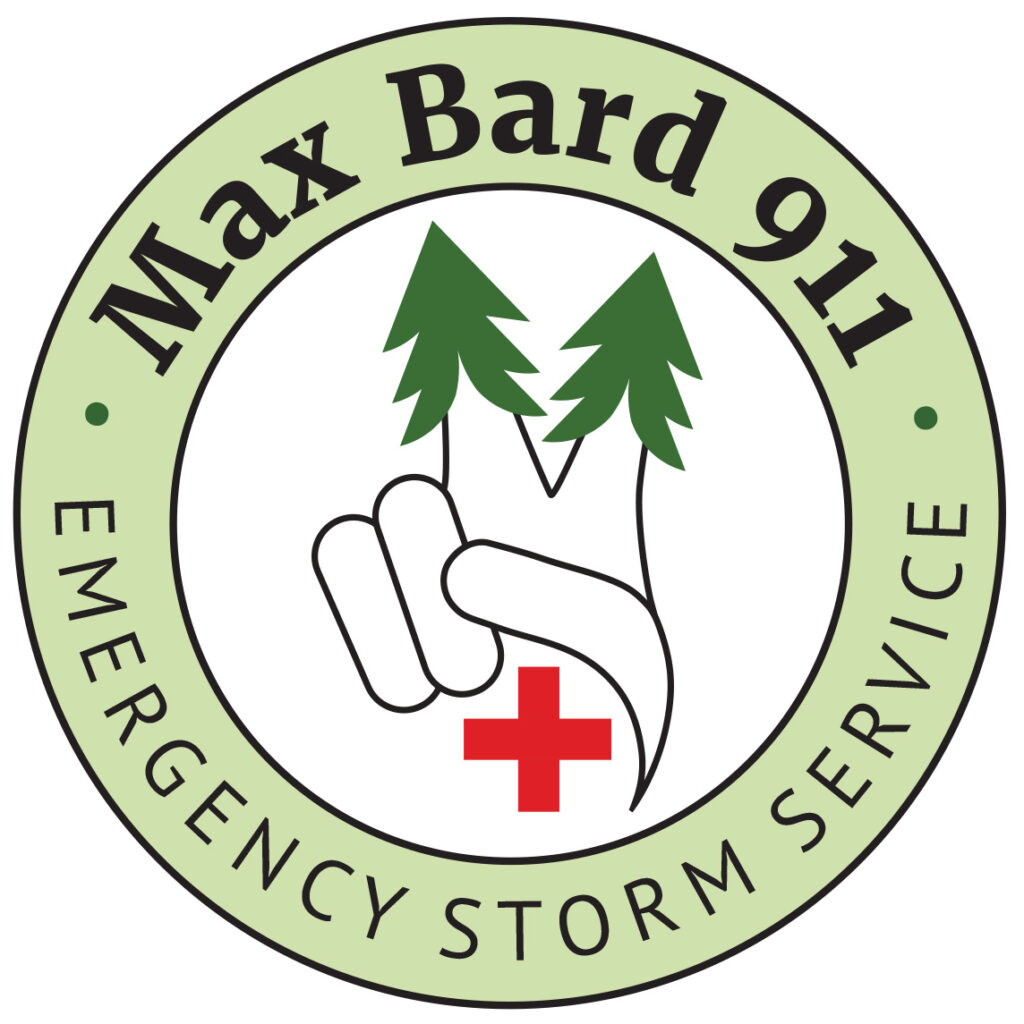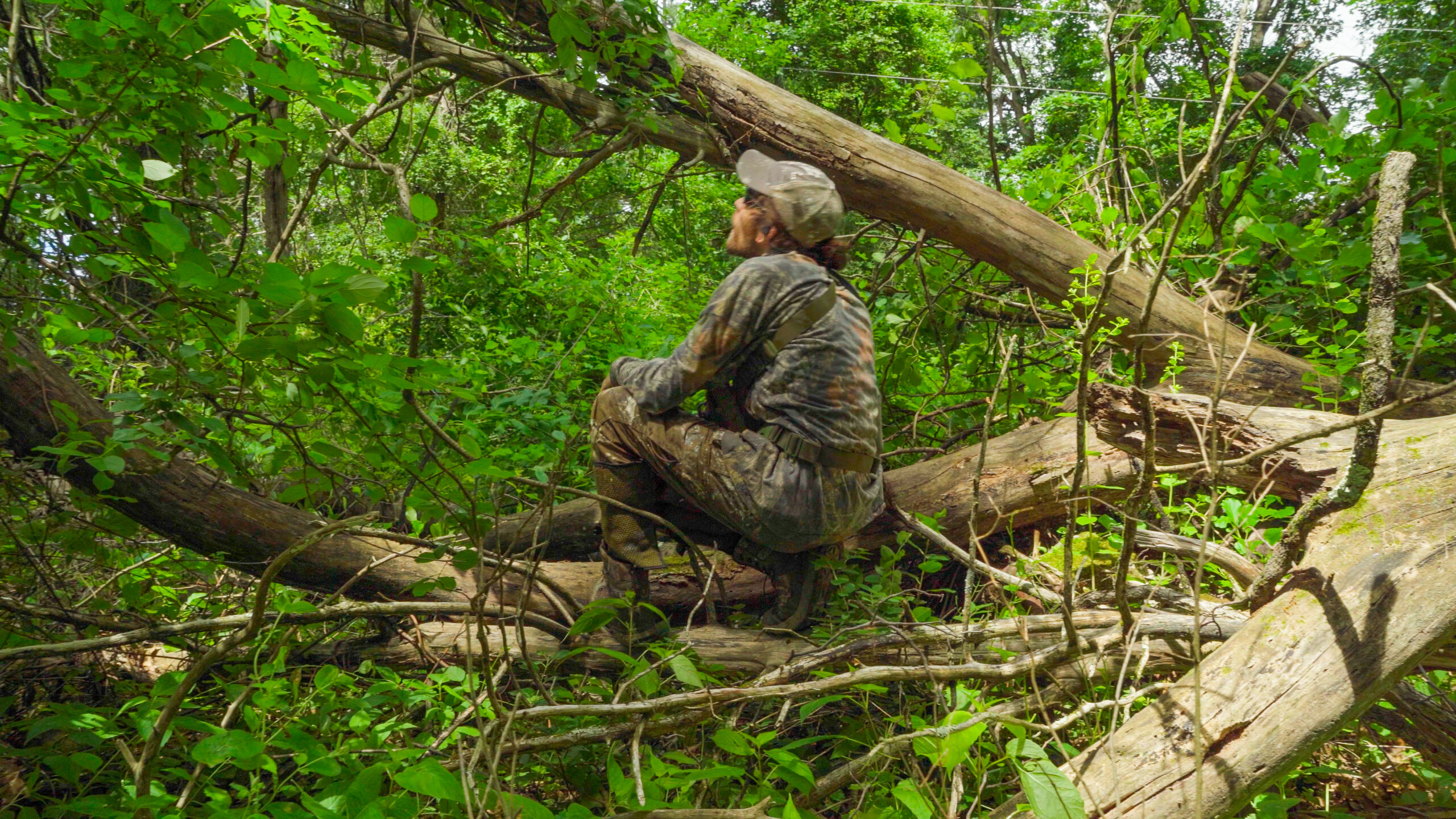
Protecting Forests and Families
After years of watching half the country burn while half the country floods, I was angry and depressed. At any mention of forest fires or tropical storms, I became incandescent with anger and rage. I was angry with large corporations profiting from products and practices that accelerate climate change. I was mad at the politicians who actively disparaged climate change legislation and I lost faith in those who unsuccessfully fought for it.
What I felt most was sadness for the land and all living creatures. The issue is so large, and I had no path to fix it. As I watched the flames tear through our forests, the only thing I could do was cry.
I am not a scientist who can synthesize an alternative to fossil fuel, or an engineer with the ability to invent new energy efficient engines and motors. I am an artist and arborist, who makes work from wood and trash. I thought that none of my titles gave me the skills or knowledge to do anything significant to solve the climate crisis.
I focused on what I could do. I can be kind and help others. Simple, kind actions among people may seem insignificant but to those involved it’s immense. Almost every article about a storm was accompanied with a photo of a tree on a house or car. Then The Max Bard Emergency Storm Service took its first breath.
Mission:
Help heal local communities and forests impacted by climate change through empathetic action, conservation work and art.
Vision:
Create a more holistic and empathetic relationship between people and the land.
Help for who need it most
Storm clean up is physically demanding and dangerous without the proper skills, equipment, and experience. After, severe storms it can take weeks to book an arbor company and it always is expensive. Those who can not afford to hire a company are stuck at no fault of their own, left with an unsafe living situation, an unhealthy ecosystem, and are unable to move forward with life.

$2,000-$20,000
average cost range for storm clean up service
$800 per 12 sq ft.
standard industry rate for storm debris removal services
$8.2 Billion
property damage resulting from extreme weather in northeast in 2021
services for the land and for The people
Preventative forestry techniques, such as the removal of damaged trees
and pruning of large dead limbs, help prevent additional damages from future storms and provides a safe environment for those who live there.
- Clean up and removal of fallen timber and building debris from property
- Clean up and removal of fallen timber and building debris from property
- Pruning and treatment of damaged trees
- proactive FOrest Management To REduce Risk of Forest fire
- proactive FOrest Management To REduce Risk of Forest fire
- Preventative arbor services to Avert future damages to tree and structures
- Preventative arbor services to Avert future damages to tree and structures
Focusing on rural and small urban low-income areas
We provide free, immediate emergency supplies and disaster cleanup services focusing on rural and low-income area.
homeowners in need
Youth centers
Religious buildings
Rehabilitation Centers
Treatment centers
assited living
local parks
playgrounds
historical buildings
public housing
shelters
kennels
Testimonials
“It was a pleasure to work with Max Bard on this project. All children at the Kennedy Children’s Center are 3-5 years old and have been identified as having special needs. The fact that Max never worked with this population of children had little to do with his open and non-judgmental interaction with the children, their siblings, parents and our staff. Max is a natural at encouraging children to open up, create, observe and have fun. Max was responsible for all aspects of the creation and assisting our staff with collecting and using items that the children would recognize. He communicated with us through all aspects of planning. The activity was well received by all and KCC would welcome Max back anytime he is in New York City!”
Jeeane Alter
Executive Director The Kennedy Children’s Center, Harlem, NY
“His work is virtuosic, just a few minutes in his sculptures presence will have you rethinking your relationship to the land, our environment, the horror and potential beauty of waste, and the power of art to spark meaningful dialogue toward positive social change”
Harvey Young
Dean Boston University College of Fine Arts
Boston, MA
“He is delighted to highlight trash, and insists he’s not being a scold about it but putting it to good use”
Cate Mquaid
The Boston Globe
